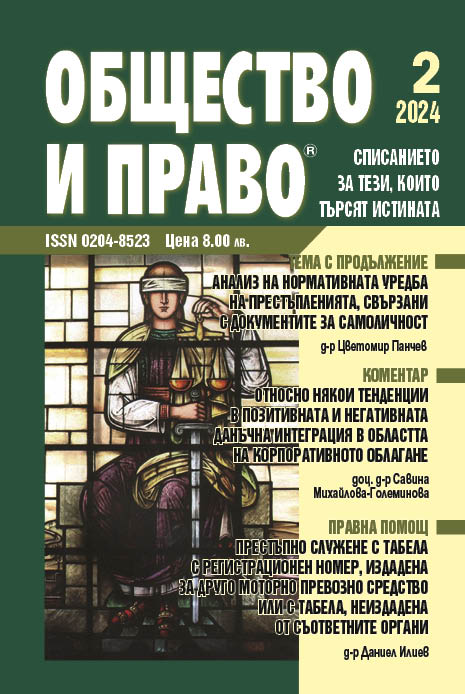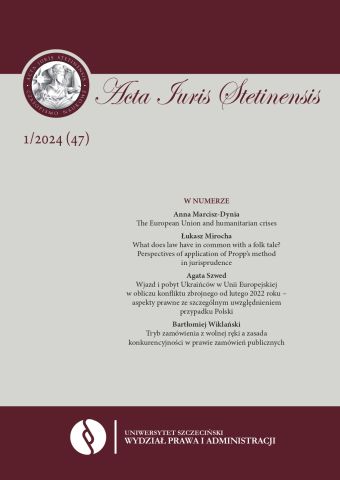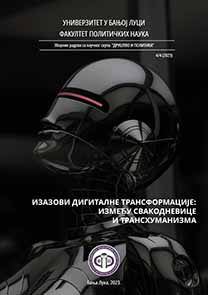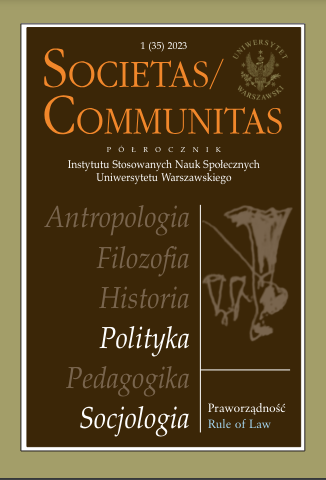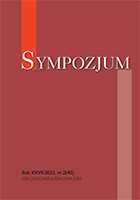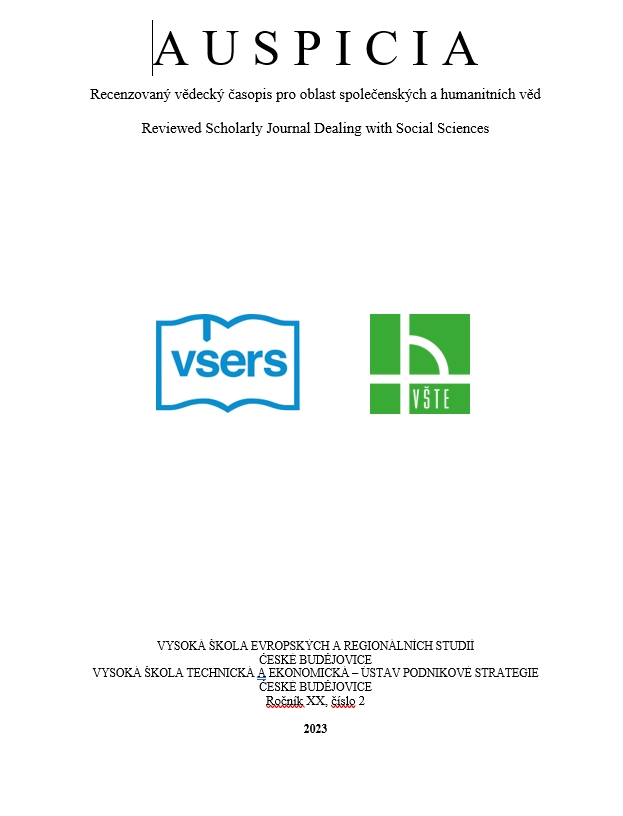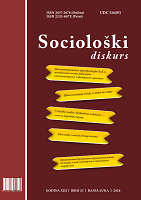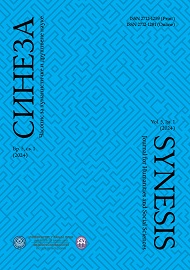Author(s): Aleksandra Kosadinović-Račić / Language(s): Serbian
Issue: 1/2024
In this scientific work, we discussed the punishments in the Salian Law and the types of punishments that were foreseen in case of violence against weak persons, primarily women (and children). Consequently, we analyzed four articles of this law - XIII, XX, XXIV and XXV, on the basis of which we pointed out that women, compared to men, were less often perpetrators of criminal acts, and often the law was on their side, looking at them more as victims, which led to the fact that the fines for murdering a child, raping, abducting or injuring a woman were far higher than for some other crimes. It is important to emphasize that the crimes of that time, as well as the punishments that were foreseen for them, when it comes to the above-mentioned categories of the population, should be viewed in the spirit of that time. However, looking from today’s point of view, how people lived in the early Middle Ages, it can be concluded that “barbarian” peoples, in their laws, often cruelly “reckoned” with numerous crimes. The punishments prescribed for “offences”, which we pointed out in this scientific work, were mostly monetary and corporal, but in some cases the offender could also be punished with the death penalty. The purpose of all these punishments was to compensate the injured person for the damage, loss or pain, and to properly punish the perpetrator of the crime, but this is where we already see the class inequality of the population. More precisely, it is noticeable that free people were punished differently for the same crime, as opposed to non-free people, and the disproportion between the prescribed punishment and the criminal offense is also noticeable. In addition, the question arises as to how much, in general, the Germanic tribes respected their laws, more precisely, whether they were literally applied, and whether the prescribed punishments, for various offenses, had their purpose. Also, it was taken into account the circumstances under which a certain case “took place”, and the intention of the perpetrator of the crime was also important, i.e. whether he committed the crime by accident or with premeditation, which certainly affected the type and degree of punishment. One thing is absolutely certain, and that is that an attempt was made to preserve peace among the Franks with monetary, corporal and death punishments, that is, the mentioned punishments had, primarily, a preventive character, in the sense of additionally intimidating the population, which would prevent or reduce potential criminal acts, but also, on the other hand, the amount of the prescribed penalties led to a further process of differentiation of the population.
More...
